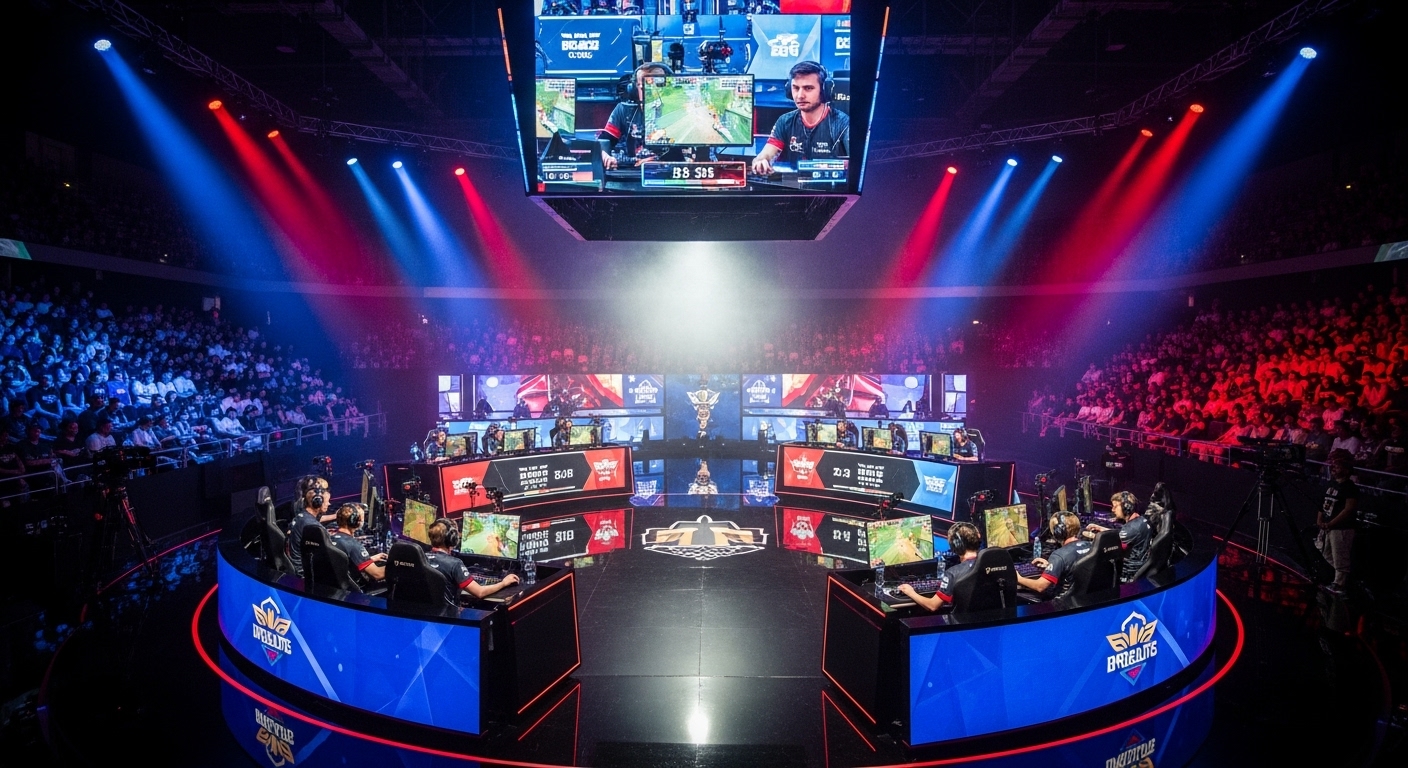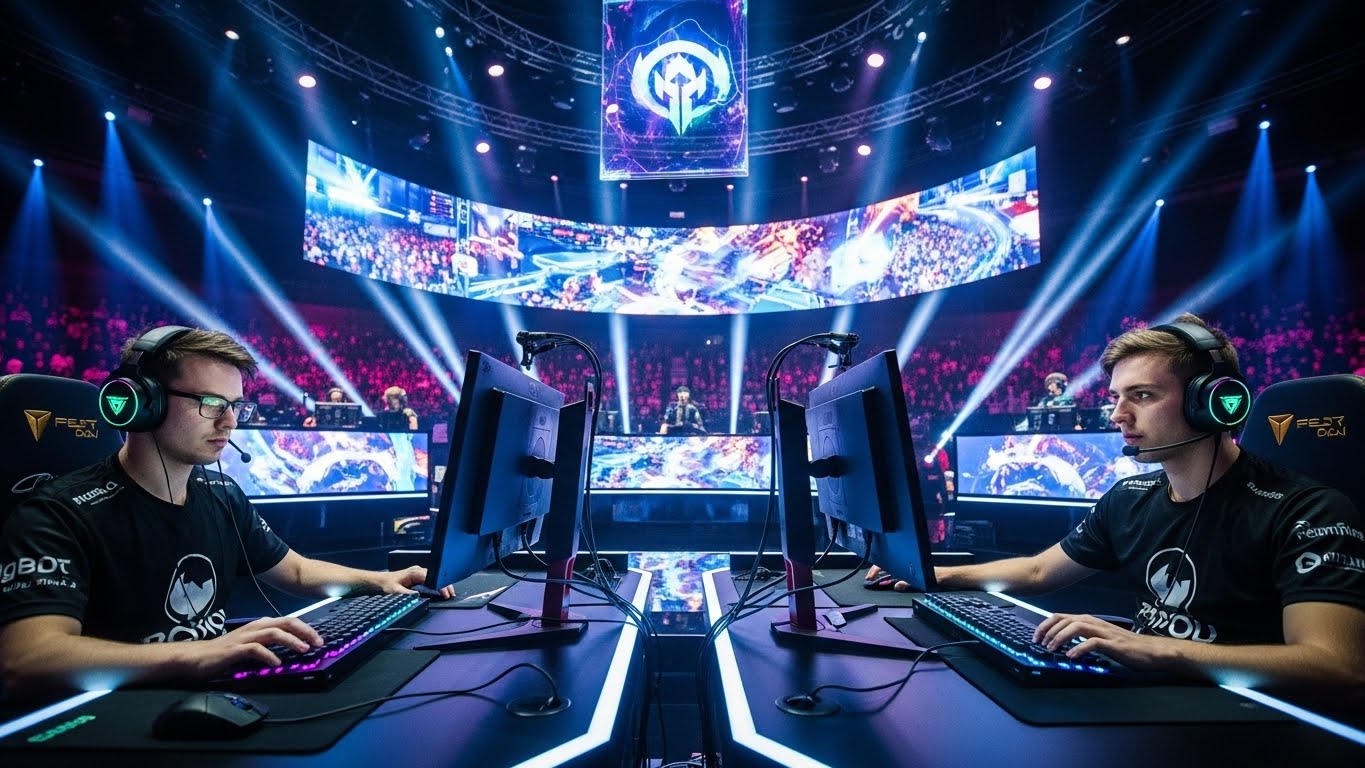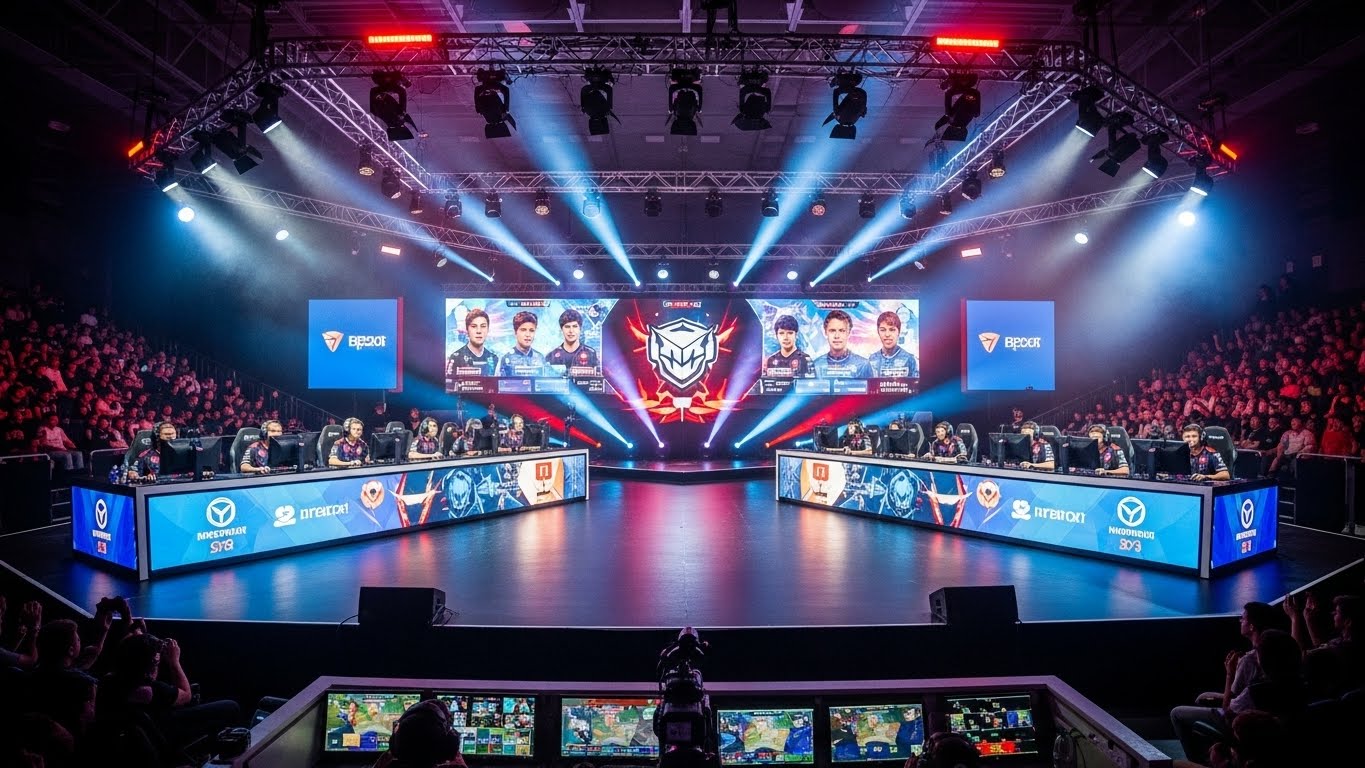Esports has become one of the fastest-growing forms of entertainment in the modern world. What started as casual gaming competitions has evolved into a global industry that rivals traditional sports in popularity and influence. Esports combines skill, strategy, teamwork, and technology, creating a dynamic new arena for competition and creativity.
What is Esports
Esports, short for electronic sports, refers to organized video game competitions where players compete individually or in teams. Popular games include genres like battle arenas, shooters, and sports simulations. These competitions attract millions of viewers worldwide, both online and in live arenas. Esports has become a global phenomenon, blending gaming culture with professional sports structure.
The Growth of a Global Industry
Over the past decade, esports has experienced explosive growth. Tournaments now fill stadiums, and professional players gain fame similar to athletes in traditional sports. This rise is driven by advancements in technology, faster internet speeds, and the popularity of streaming platforms. The esports industry also creates career opportunities in coaching, management, broadcasting, and event organization, making it a thriving part of the modern economy.
Skills Behind the Screen
Esports demands more than quick reflexes. Professional players train rigorously to develop sharp focus, strategy, and teamwork. Success in esports depends on communication, coordination, and adaptability. Players study opponents’ techniques, analyze data, and practice for long hours to perfect their gameplay. Like any other sport, dedication, discipline, and mental strength are essential to reach the top.
The Community and Culture of Esports
Esports has built a massive global community. Fans and players from different countries come together to celebrate their love for gaming and competition. Online tournaments and live events create a sense of excitement and unity among audiences. The culture of esports promotes inclusivity and creativity, giving people from all backgrounds the chance to showcase their skills on a global stage.
Technology Shaping Esports
Technology plays a vital role in the success of esports. High-performance computers, advanced gaming gear, and virtual reality are transforming the way games are played and experienced. Streaming technology allows fans to watch their favorite teams and players in real time, turning esports into an accessible and interactive form of entertainment. Continuous innovation ensures that the gaming experience keeps evolving and improving.
The Future of Esports
The future of esports is bright and full of potential. With growing investments, better infrastructure, and global recognition, esports is moving closer to being recognized alongside traditional sports. Schools and universities are even introducing esports programs to nurture young talent. As technology advances, the industry will continue to expand, offering more immersive experiences and greater opportunities for players and fans alike.
Conclusion
Esports is more than just competitive gaming—it is a revolution in entertainment, skill, and global connection. It combines passion, innovation, and teamwork in a way that inspires millions. As esports continues to evolve, it will shape the future of digital competition, bringing people together through the shared thrill of the game.



